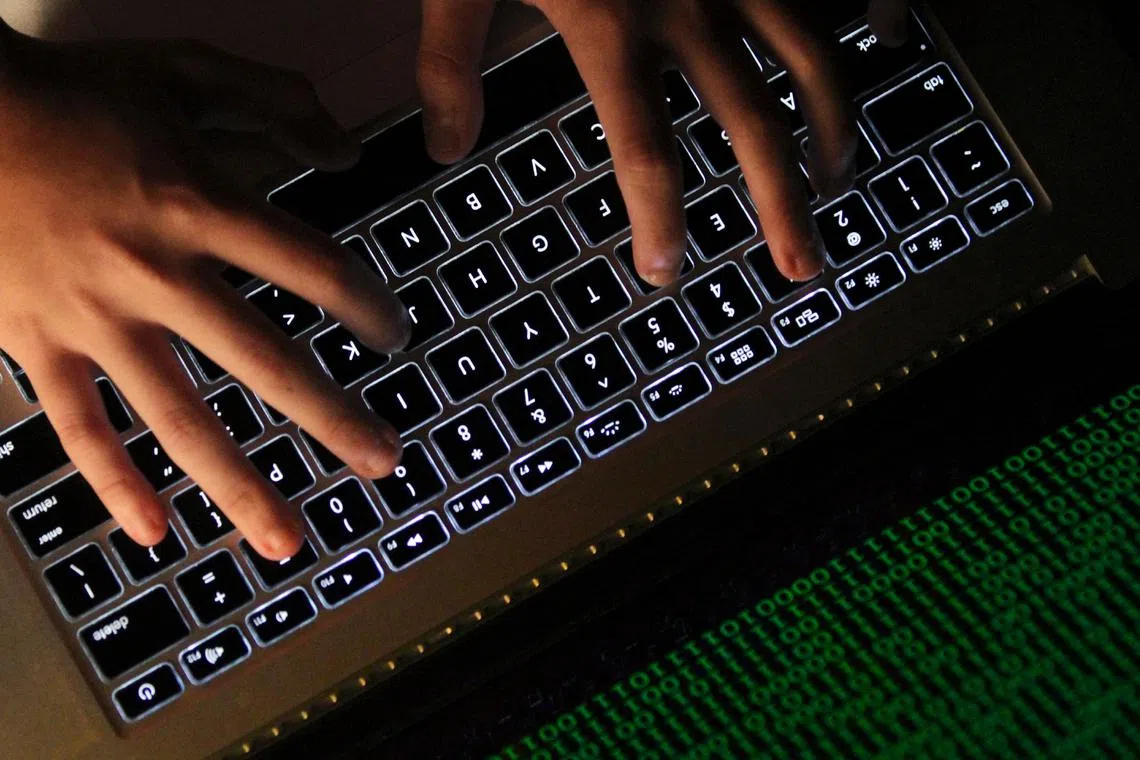Exposure to online extremist content common factor among youth detained under ISA
Sign up now: Get ST's newsletters delivered to your inbox

The ISD said it dealt with three cases of teens who had been radicalised via online discussion groups and games.
PHOTO ILLUSTRATION: THE NEW PAPER
SINGAPORE – One thing in common among extremist youth detained under the Internal Security Act (ISA) is their exposure to online extremist content.
“Terrorist groups have capitalised on the developmental issues experienced by youth in their adolescence, such as their search for a sense of belonging and identity, and their proclivity for sensation-seeking and risk-taking,” said Minister of State for Home Affairs Muhammad Faishal Ibrahim in Parliament on Monday.
He was responding to a question filed by Nominated MP Mark Chay.
Mr Chay had asked if there were any sociological factors shared among cases of detained extremist teens, such as broken homes or single-parent households, and what the Ministry of Home Affairs is doing to proactively address the threat of radicalisation among those with such shared factors.
In reply, Associate Professor Faishal said common sociological factors among cases of detained extremist teens have not been observed.
He added that the Internal Security Department (ISD) has been working with other government agencies and community partners on upstream counter-radicalisation outreach efforts.
For example, he said, the department has collaborated with the Ministry of Education, schools and institutes of higher learning on various outreach activities, such as talks, workshops, seminars and webinars.
“In 2022, ISD organised close to 70 outreach events, both online and in person, for more than 2,300 participants including student leaders, educators and other school staff.
“These included workshops for over 350 student counsellors and student welfare officers to educate them on the radicalisation process and factors pertinent to the youth, and to help them identify tell-tale signs of radicalisation.”
Prof Faishal also said these efforts were complemented by other outreach events such as talks and youth forums organised by community partners, including the Religious Rehabilitation Group and the Inter-Agency Aftercare Group.
This comes after the ISD announced in February that it dealt with three cases of self-radicalised teens aged between 15 and 18 under the Act, who had been radicalised via online discussion groups and games
Since 2015, 11 people under 21 have been dealt with under the Act – a trend the Ministry of Home Affairs called concerning.


